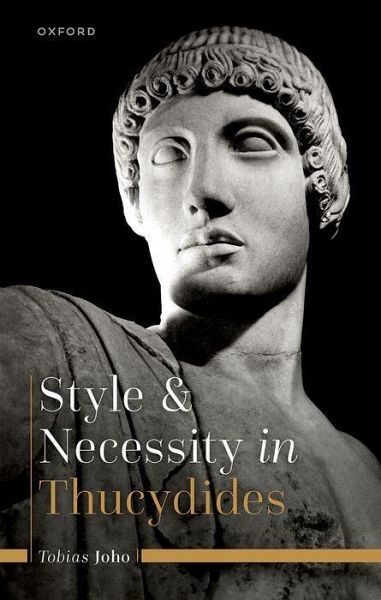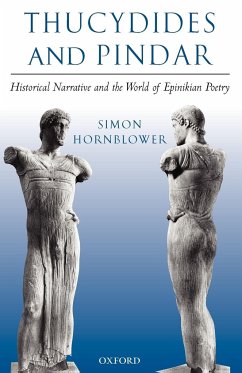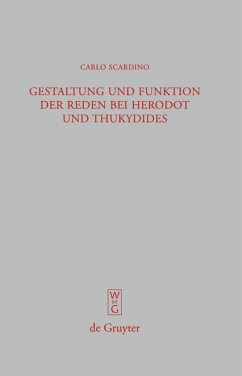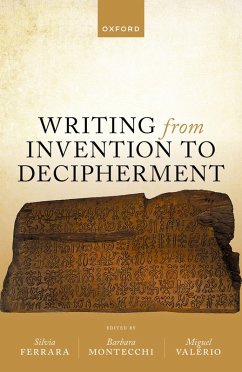
Style and Necessity in Thucydides
Versandkostenfrei!
Versandfertig in über 4 Wochen
136,99 €
inkl. MwSt.
Weitere Ausgaben:

PAYBACK Punkte
68 °P sammeln!
Thucydides is well known for his fondness for abstract nominal phrases. As Joho shows in this book, these constructions often imply that people are passively exposed to events. Unlike Thucydides' predecessors, however, he anchors necessity not in the divine but in the constraints imposed by human nature.













